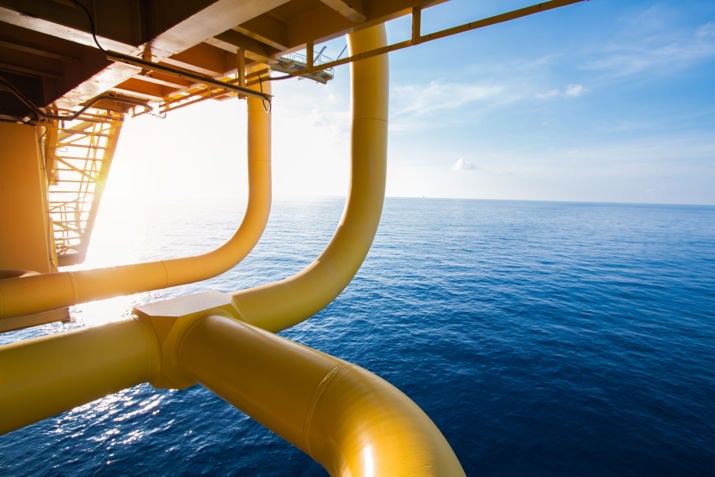Produced by the KonKraft partners, The energy industry of tomorrow on the Norwegian continental shelf – climate strategy towards 2030 and 2050 describes how a unified petroleum sector will cut the amount of GHG released and how its technology and expertise can help to reduce emissions in Europe and the rest of the world.
“Global warming and climate change are one of the biggest challenges facing the world today,” says Hildegunn T Blindheim, director of climate and the environment at the Norwegian Oil and Gas Association. She has led the work on revising KonKraft’s climate roadmap.
“The carbon footprint for oil and gas production in Norway is one of the smallest in the world for this industry. But that’s not enough,” Blindheim adds.
A forward-looking energy industry
The Norwegian oil and gas industry intends to achieve a 40 per cent reduction in its absolute GHG emissions by 2030 compared with 2005, and then secure a further decline to near zero in 2050.
A 40 per cent emission cut by 2030 represents an absolute annual reduction of 5.4 million tonnes of CO2 equivalent compared with 2005. That represents more than 10 per cent of the total amount of GHG released in Norway during 2018.
“The oil and gas industry in Norway will radically reduce emissions from its production,” says Blindheim. “In addition, we’ll continue to develop steadily as a forward-looking energy industry on the Norwegian continental shelf.
“That includes an industrial commitment to offshore wind power, hydrogen, and carbon capture and storage (CCS) projects which lay the basis for major emission cuts in Norway, Europe and the rest of the world.”
Part of the solution
The industry’s goals and ambitions will be reached through an extensive commitment to developing low-emission technologies, such as electrification, enhanced energy efficiency, low- and zero-emission fuels such as hydrogen and ammonia, CCS and offshore wind power.
Exporting Norwegian low- and zero-emission solutions worldwide will also make an important contribution to reaching global climate goals.
“Predictable parameters which promote innovation will be crucial for implementing this transition and achieving the industry’s long-term commitment to low- and zero-emission technology,” notes Blindheim.
“The expertise and technological innovativeness among operators, suppliers and maritime industry in the Norwegian oil and gas sector are part of the solution to the global challenges of the 21st century, and will help us meet the aims of the Paris agreement and the UN sustainable development goals.”
KonKraft is a collaboration arena for Norwegian Oil and Gas, the Federation of Norwegian Industry, the Norwegian Shipowners Association, the Norwegian Confederation of Trade Unions (LO) and LO members the United Federation of Trade Unions and the Norwegian Union of Industry and Energy Workers (Industry Energy).


